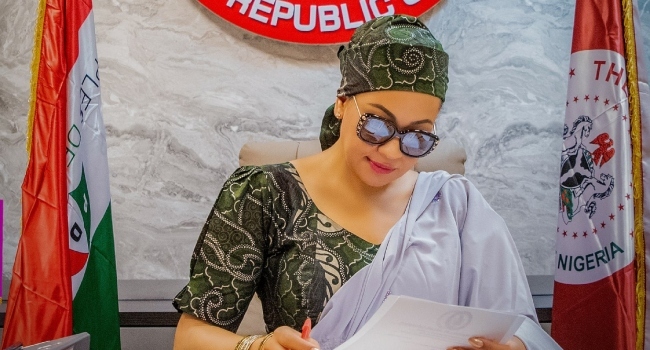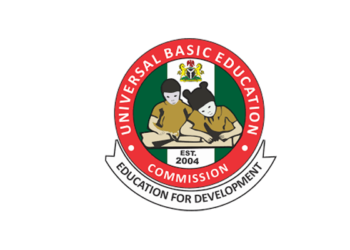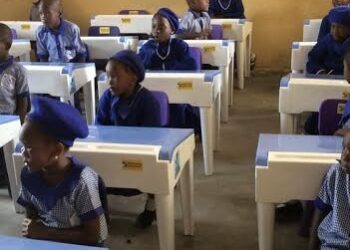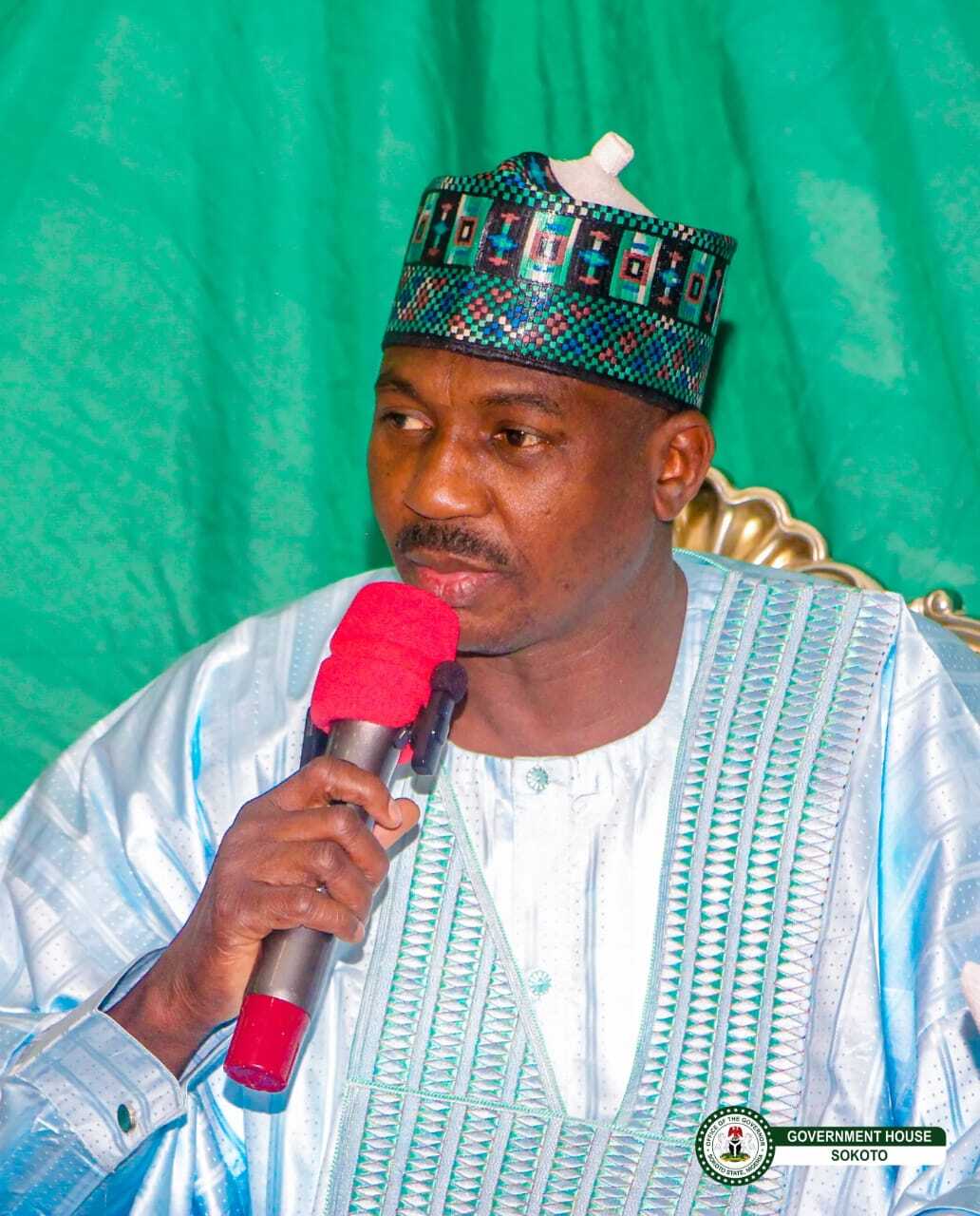The commission stated this in a short notice posted on its X platform.
“The petition for the recall of the Senator representing the Kogi Central Senatorial District has not met the requirement of Section 69(a) of the Constitution of the Federal Republic of Nigeria 1999 (as amended),” the notice said.
The commission, however, said that details of why the petition had not met the constitutional requirement would be made available shortly.
The News Agency of Nigeria (NAN) reports that a group of registered voters from Akpoti-Uduaghan’s senatorial district had, on March 24, submitted a petition to INEC, urging it to commence her recall process from the senate.
The constituents, in the letter signed by the Lead Petitioner, Salihu Habib, and submitted at INEC headquarters, said they no longer had confidence in Akpoti-Uduaghan as their senator and representative in the National Assembly.
Meanwhile, INEC had, on March 25, confirmed the receipt of the petition, accompanied by six bags of documents said to be signatures collected from more than half of the 474,554 registered voters from the senatorial district.
The commission also said that it had notified the suspended senator about the receipt of the petition to recall her from the national assembly. (NAN)











